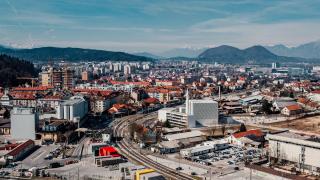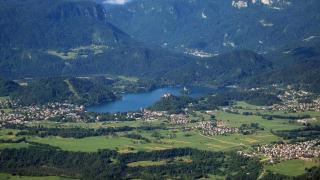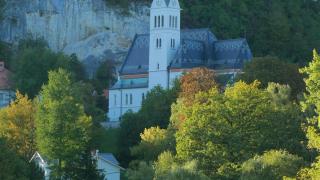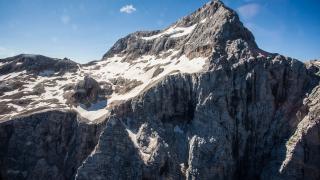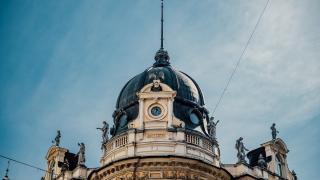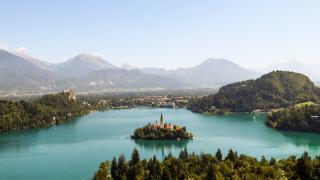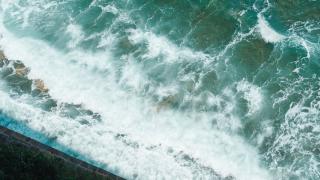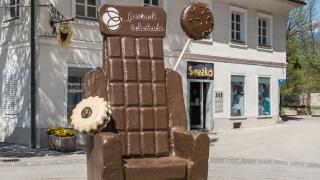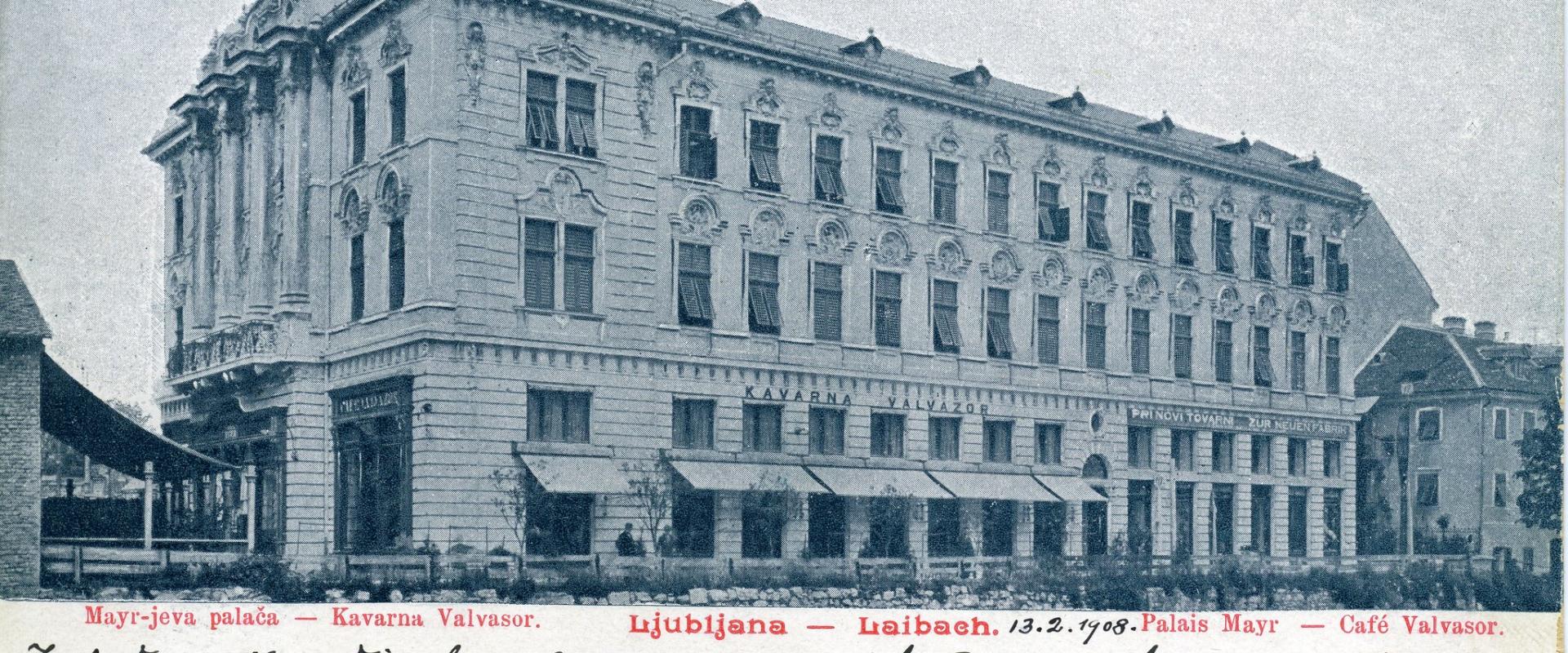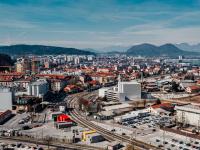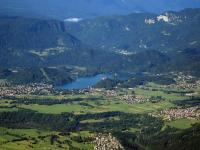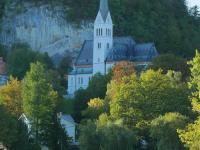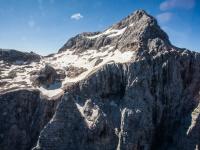Slovenia operates a universal healthcare system. The public system is managed by Zavod za zdravstveno zavarovanje Slovenije (ZZZS). Most residents are insured through ZZZS. Private clinics and hospitals also operate, mainly in larger cities like Ljubljana and Maribor.
Travelers from the EU, EEA, or Switzerland can use the European Health Insurance Card (EHIC) or the new GHIC. This covers medically necessary state healthcare. Non-EU visitors must pay for treatment or claim costs via travel insurance.
- Emergency care is available at urgent care centers ("nujna medicinska pomoč") and hospitals. Dial 112 for an ambulance.
- General practitioners ("zdravnik splošne medicine") and specialists are found in health centers ("zdravstveni dom").
- Pharmacies ("lekarna") are widely available, with some open 24 hours in major cities.
English is spoken by many medical staff, especially in urban areas. Waiting times for non-urgent care can vary. Emergency care is prompt. A standard GP visit costs €20-€50 for uninsured travelers. Hospital stays and specialist care are more expensive. Always check if your insurance covers medical evacuation from Slovenia.
Emergency Know-How
Dial 112 for all medical emergencies in Slovenia. Operators speak Slovene and English. Ambulances arrive quickly in cities, usually within 15 minutes. In rural areas, response may take longer. Urgent medical care is available at emergency departments (Urgenca) in major hospitals. Ambulance transport is free for emergencies. Non-emergency ambulance rides may cost from €30 to €70. Always carry your Global Health Insurance Card (GHIC) or European Health Insurance Card (EHIC). These cards cover medically necessary state care. Private clinics require payment upfront; keep receipts for insurance claims. If hospitalized, inform your insurance provider immediately. Some hospitals have English-speaking staff, especially in Ljubljana and Maribor. Contact your embassy if you need help with translation or legal matters. For medication, bring prescriptions and check Slovenian regulations. Useful contacts: ZZZS (Slovenian Health Insurance Institute) and your embassy. Always keep emergency and insurance numbers accessible.
Insurance Essentials for Visitors
Travelers to Slovenia must have valid health insurance. The Slovenian government does not cover foreign visitors’ medical costs.
- The European Health Insurance Card (EHIC) and the UK Global Health Insurance Card (GHIC) are accepted in Slovenia. They only cover medically necessary state healthcare, not private clinics or repatriation.
- EHIC/GHIC does not cover mountain rescue, air ambulance, or non-urgent private care. For example, helicopter evacuation from the Julian Alps can cost over €2,000.
- Comprehensive travel insurance is essential. It should include:
- Emergency medical treatment in Slovenia
- Medical evacuation and repatriation to your home country
- Coverage for pre-existing conditions if needed
- Insurance policies must specify coverage for Slovenia. Check for exclusions, especially for adventure sports or hiking.
- Present your EHIC/GHIC or insurance details at the point of care. Most Slovenian hospitals and clinics require proof of insurance before treatment.
- Payment for uninsured services is required upfront. Costs for a GP visit in Slovenia average €40–€60. Hospital stays can exceed €100 per day for uninsured visitors.
- In emergencies, call 112. Inform your insurer as soon as possible if admitted to hospital.
- Keep your insurance documents and emergency contact numbers with you at all times in Slovenia.
Vaccinations & Health Risks
No mandatory vaccines are required for entry into Slovenia. Recommended vaccines include tick-borne encephalitis (TBE), especially for outdoor activities from April to October. TBE vaccination is available at local clinics in Ljubljana and Maribor. Schedule vaccinations at least 8 weeks before travel. Ticks carrying TBE and Lyme disease are common in Slovenian forests and grassy areas. Use insect repellent and check for ticks after hiking. Air quality in Ljubljana and Celje can be poor in winter due to pollution. People with respiratory conditions should monitor local air quality indexes. Altitude sickness is rare, but may occur in the Julian Alps above 2,000 meters. Medical facilities in mountain areas are limited. For updates, consult the National Institute of Public Health (NIJZ) website: www.nijz.si. For urgent health risks, call 112. English-speaking staff are available at major hospitals. Private TBE vaccination costs around €40 per dose.
Medication & Local Pharmacies
Bringing medication into Slovenia:
- Prescription and over-the-counter medicines are allowed for personal use.
- Carry medicines in original packaging with a prescription or doctor’s letter.
- Controlled substances (e.g. strong painkillers) require a Schengen certificate or medical certificate in Slovene or English.
Pharmacies (lekarna) in Slovenia:
- Pharmacies are widely available in cities and towns.
- Most are open weekdays 8:00–19:00, Saturdays 8:00–13:00. Some offer 24-hour service in Ljubljana and Maribor.
- Show your prescription from a Slovenian doctor to get medication locally.
- EU/EEA prescriptions may be accepted, but check in advance.
- Common medicines cost €5–€20. Controlled drugs may require extra documentation.
Quick-Reference Health Checklist
Before travel:
- Buy travel insurance covering Slovenia. Check for medical evacuation coverage.
- Bring your GHIC or EHIC card for state healthcare access.
- Check recommended vaccines for Slovenia at least 8 weeks in advance.
- Carry prescriptions and medicines in original packaging with a doctor’s letter.
On arrival:
- Save 112 for emergencies. Ambulance response in Ljubljana averages 10–15 minutes.
- Carry your insurance documents and passport at all times.
- Pharmacies (lekarna) are open weekdays 8:00–19:00, Saturdays until 13:00.
If you need help:
- English-speaking doctors are available in major cities.
- For urgent care, visit the nearest zdravstveni dom (health centre).
